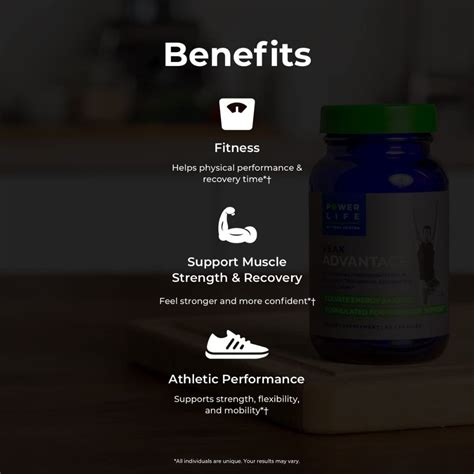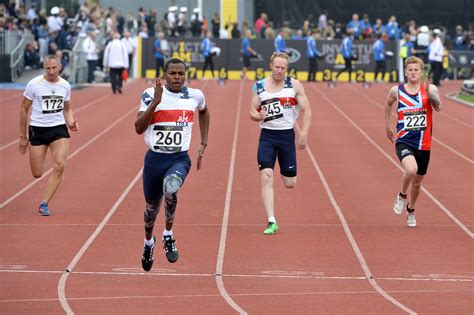Optimize recovery for peak performance, energy & muscle gains?

The Underrated Pillar of Fitness: Why Recovery is Non-Negotiable
In the pursuit of peak athletic performance, boundless energy, and significant muscle gains, most of us meticulously plan our workouts and nutrition. However, a crucial element often gets overlooked or undervalued: recovery. It’s not just about resting; it’s an active, strategic process where your body repairs, adapts, and grows stronger. Without adequate recovery, even the most rigorous training program can lead to plateaus, burnout, injuries, and ultimately, hinder your progress rather than accelerate it.
Understanding and implementing effective recovery strategies is the secret weapon that separates those who merely train from those who truly optimize their potential. This article will delve into the core components of recovery, offering actionable insights to help you unlock a new level of physical and mental resilience.

Sleep: The Ultimate Performance Enhancer
If there’s one recovery strategy you absolutely cannot afford to neglect, it’s sleep. During deep sleep cycles, your body releases growth hormone, essential for muscle repair and growth. It also consolidates memories (relevant for skill acquisition) and replenishes energy stores. Lack of sleep impairs cognitive function, reduces reaction time, decreases strength, and elevates cortisol (stress hormone) levels, all detrimental to performance and muscle building.
- Aim for 7-9 hours: Individual needs vary, but this is a good starting point.
- Consistency is key: Go to bed and wake up at similar times, even on weekends.
- Optimize your sleep environment: Dark, cool, quiet room.
- Limit screens before bed: Blue light interferes with melatonin production.
Nutrition & Hydration: Fueling Repair and Growth
What you put into your body post-workout is just as important as the workout itself. Your muscles are screaming for nutrients to repair micro-tears and replenish glycogen stores. A balanced intake of macronutrients and micronutrients is vital:

- Protein: Essential amino acids are the building blocks for muscle repair and synthesis. Aim for 20-40g of high-quality protein within an hour or two post-exercise.
- Carbohydrates: Replenish depleted glycogen stores, crucial for energy and preventing muscle breakdown. Opt for complex carbs throughout the day and faster-acting carbs post-workout.
- Healthy Fats: Support hormone production and reduce inflammation.
- Micronutrients: Vitamins and minerals play a critical role in countless bodily functions, including energy production and immune support.
Hydration: Water is often overlooked but profoundly impacts performance and recovery. Dehydration can lead to fatigue, reduced strength, and impaired cognitive function. Drink water consistently throughout the day, and increase intake during and after exercise to replace lost fluids and electrolytes.

Active Recovery & Mobility: Keeping the Body Supple
While rest is important, complete inactivity isn’t always the best approach. Active recovery involves low-intensity exercise (e.g., walking, light cycling, swimming) that increases blood flow to muscles without causing further damage. This helps flush out metabolic waste products and deliver fresh oxygen and nutrients. Mobility work, like stretching, foam rolling, and yoga, improves range of motion, reduces muscle soreness, and prevents injuries.
- Light cardio: 20-30 minutes of low-intensity movement on rest days.
- Foam rolling/Massage: Target tight spots to release muscle knots and improve blood flow.
- Dynamic & Static Stretching: Incorporate dynamic stretches pre-workout and static stretches post-workout or on rest days.

Stress Management: The Mental Side of Recovery
Physical stress from training isn’t the only factor impacting recovery. Chronic mental and emotional stress elevates cortisol levels, which can hinder muscle growth, impair sleep, and increase fat storage. Incorporating stress-reducing practices is vital for overall well-being and physical recovery.
- Mindfulness & Meditation: Even 10-15 minutes a day can significantly reduce stress.
- Hobbies & Social Connection: Engage in activities you enjoy to take your mind off stressors.
- Deep Breathing Exercises: Activate the parasympathetic nervous system (rest and digest).

Integrating Recovery for Lasting Results
Optimizing recovery isn’t a one-time fix; it’s an ongoing commitment that should be integrated into your lifestyle. Listen to your body, understand its signals, and be willing to adjust your training intensity or take an extra rest day when needed. Periodization of your training (varying intensity and volume) also plays a key role, allowing for planned recovery phases.
By prioritizing sleep, strategic nutrition and hydration, active recovery, and stress management, you’re not just resting; you’re actively investing in your body’s ability to adapt, grow, and perform at its absolute best. This holistic approach ensures you not only achieve peak performance, sustained energy, and significant muscle gains but also maintain them long-term, enjoying a healthier, more resilient you.









